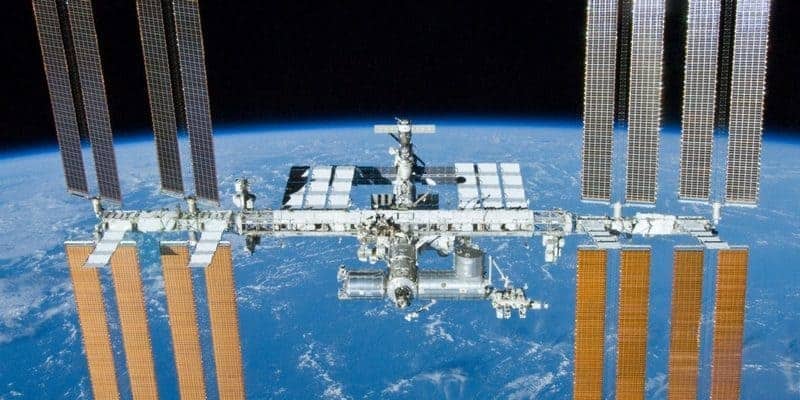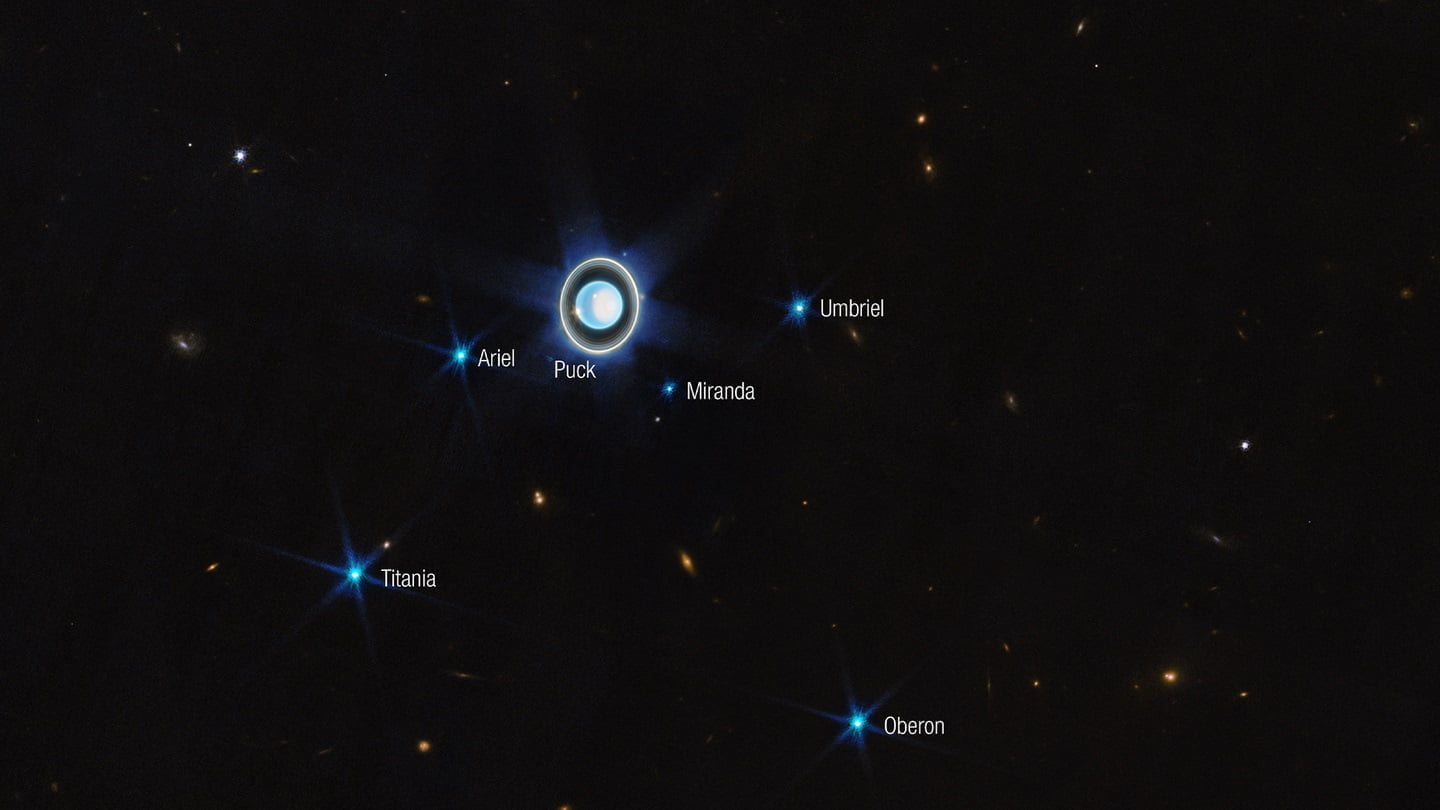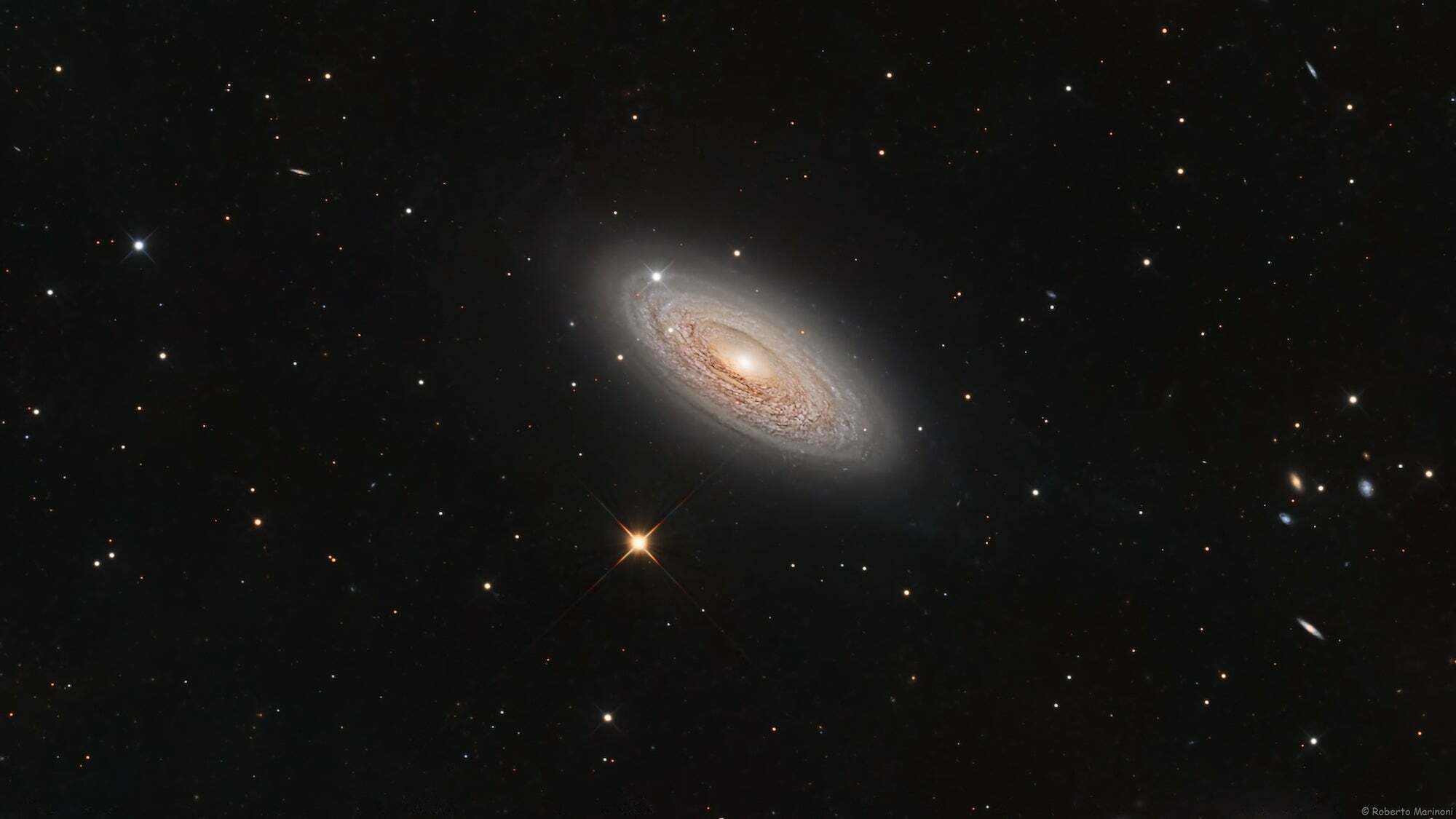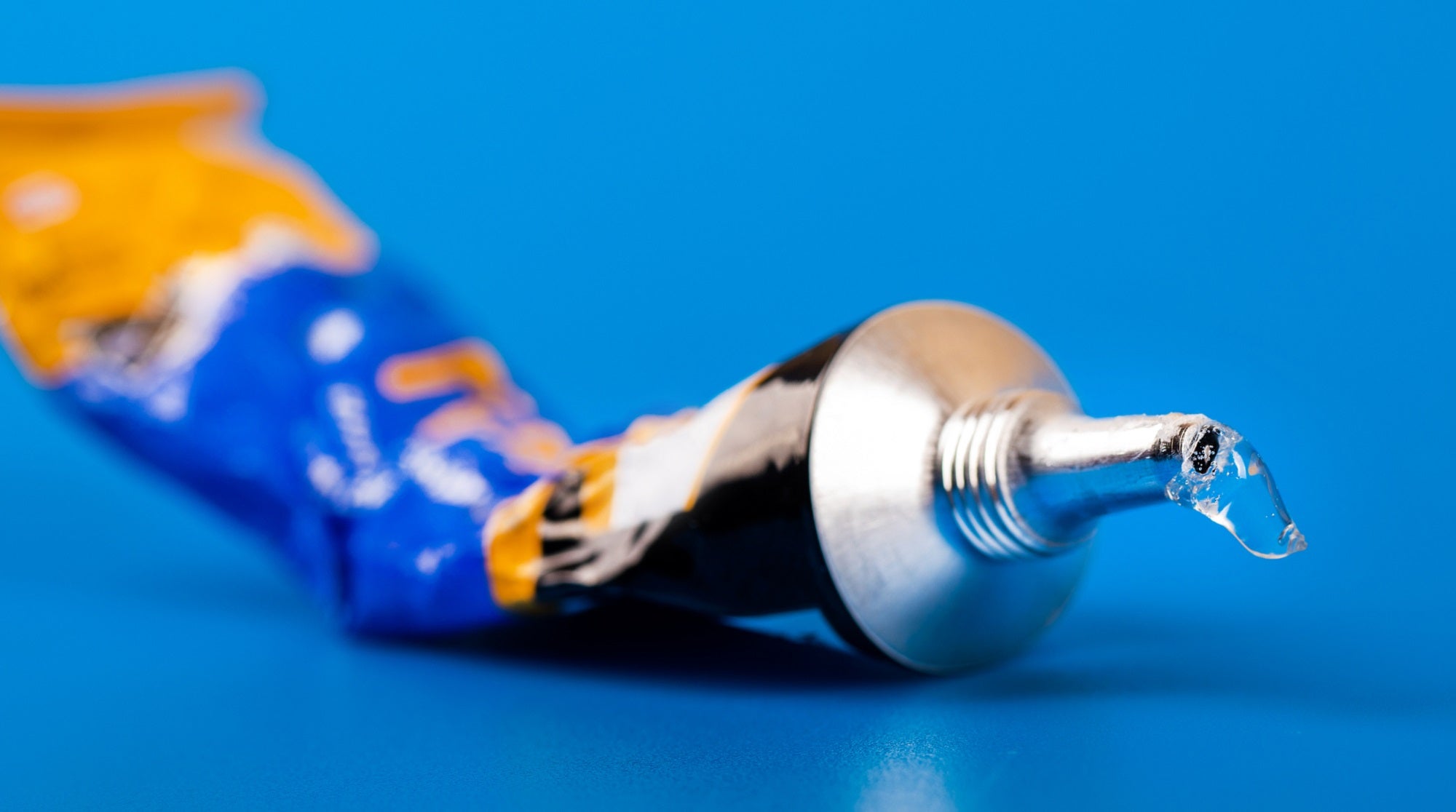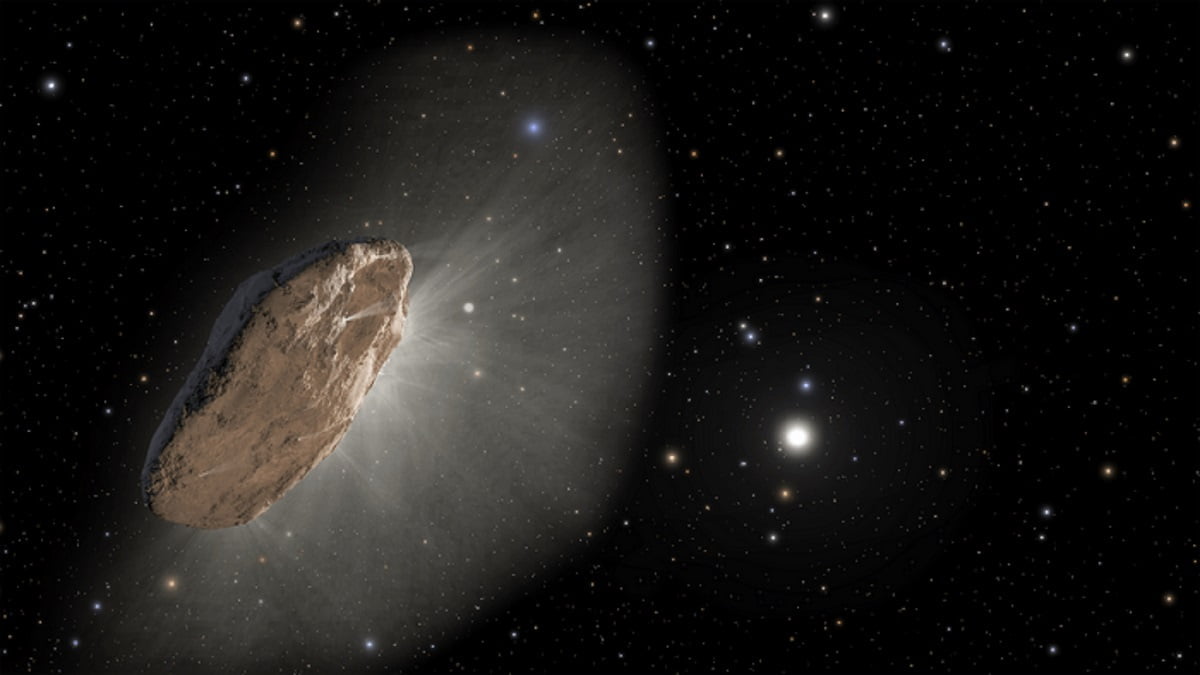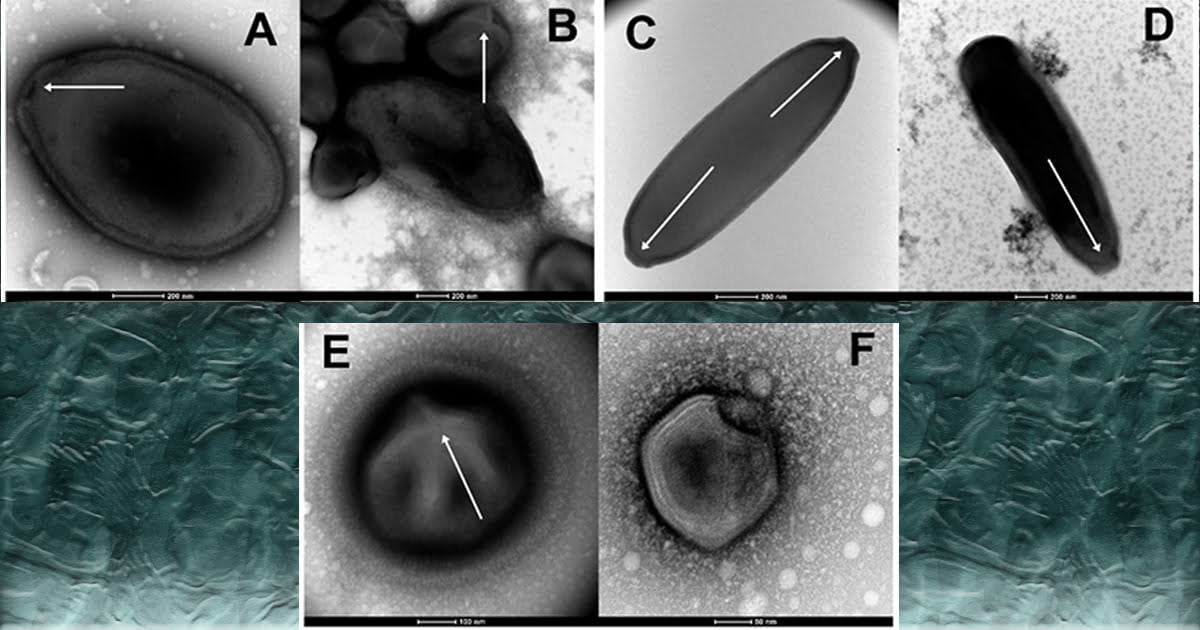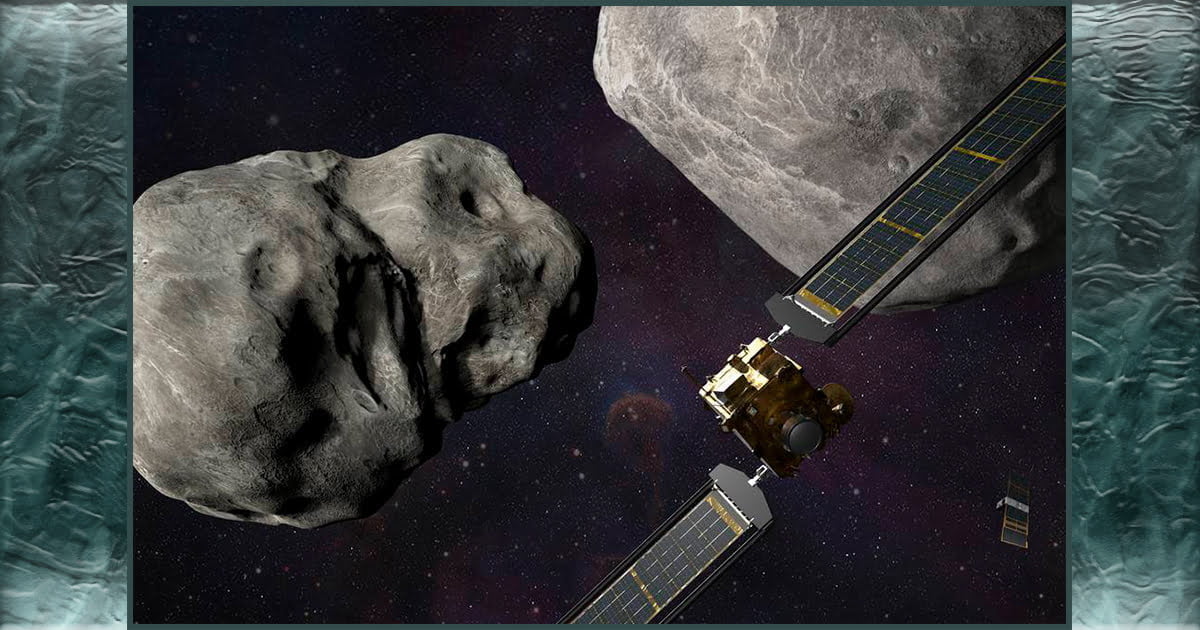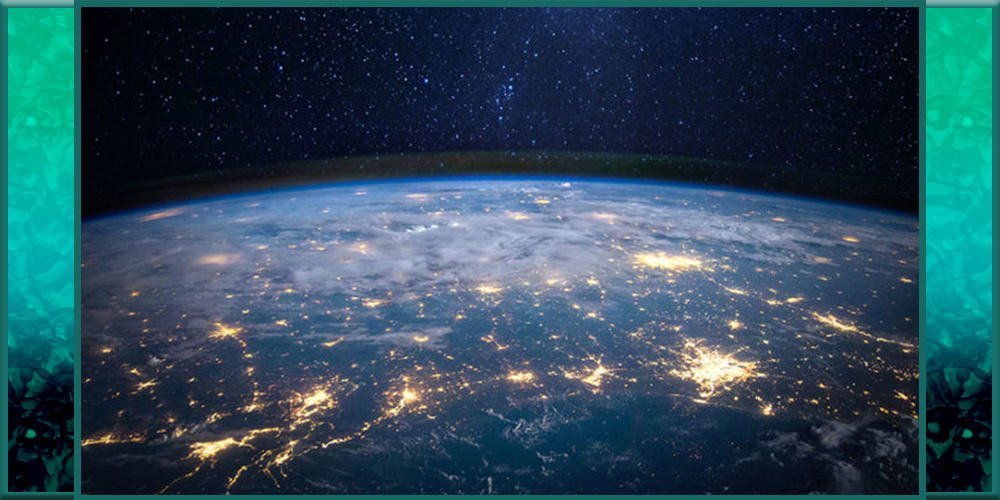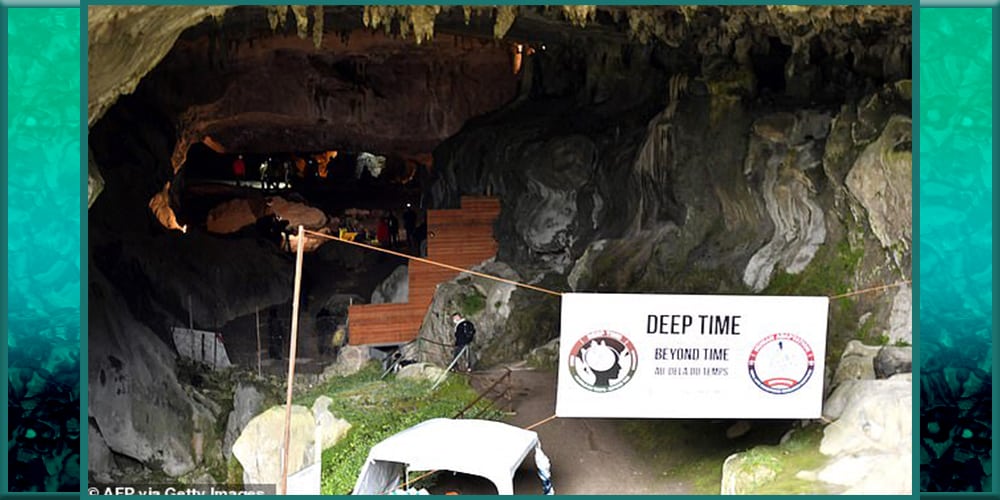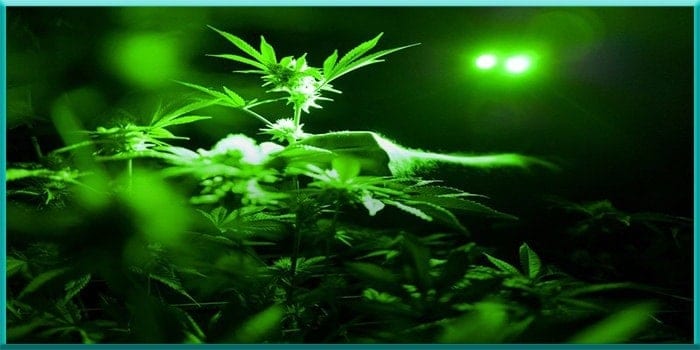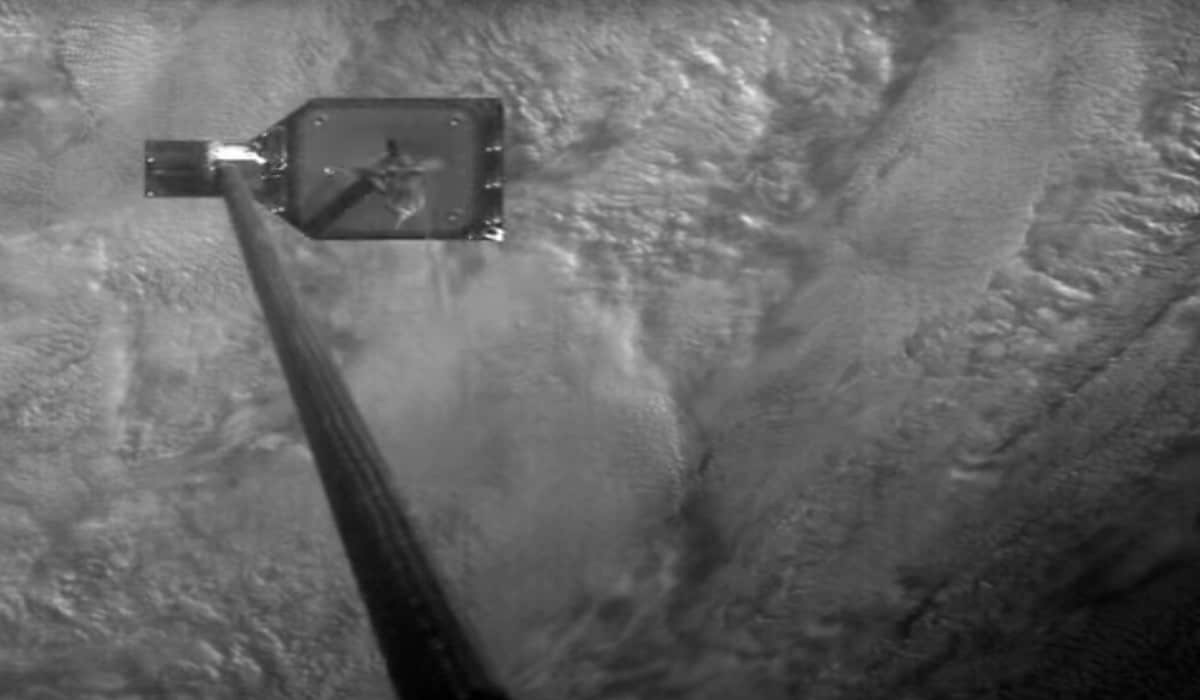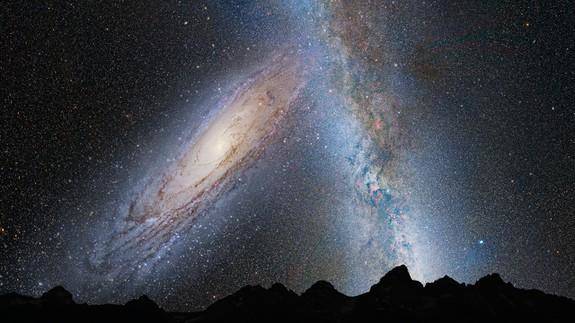Russian Aboard International Space Station Claims to Have Found Alien Life
(ANTIMEDIA) — According to state-owned Russian news agency TASS, a Russian cosmonaut on board the International Space Station claims to have discovered extraterrestrial bacteria. Anton Shkaplerov reported the discovery after swabbing the exterior of the craft during a spacewalk, a sample-collecting practice known as an “extravehicular activity.” If the bacteria is confirmed to be not of this Earth, it would be one of the greatest discoveries in human history.
“Bacteria that had not been there during the launch of the ISS module were found on the swabs,” Shkaplerov reported. “So they have flown from somewhere in space and settled on the outside hull.”
The cosmonaut took the sample using a cotton ball while he was monitoring the Russian modules of the space station during the Test and Biorisk projects. He says the bacteria was collected either from an obscure section of the station or from an area where fuel discharge accumulates.
“And now it turns out that somehow these swabs reveal bacteria that were absent during the launch of the ISS module,” Shkaplerov told TASS. “That is, they have come from outer space and settled along the external surface. They are being studied so far and it seems that they pose no danger.”
NASA has not commented on the purported discovery yet, but it would fit into a commonly accepted theory that high-speed space dust can carry microbes from other star systems. Some astrobiologists contend that all life on Earth actually originated from elsewhere in the galaxy and traveled to our home planet through a process called panspermia.
Meanwhile, the search for extraterrestrial life continues to heat up as scientists plan expeditions to Enceladus, a small moon of Saturn that has a massive global ocean underneath its crust of ice. Recent discoveries suggest this ocean is hydrothermally heated and contains gases on which microbes could potentially feed, meaning the conditions for biological life are right.
The bacteria discovered on the International Space Station will need to undergo additional tests. Scientists must rule out terrestrial origins. According to the cosmonaut who discovered it, the sample had likely spent 3 years in the vacuum of space, undergoing drastic fluctuations in temperature from minus 150 to plus 150 degrees Celsius. We know that bacteria and life forms like tardigrades can live in extremely hostile conditions. This means the bacteria sample could simply be a microbe from Earth’s upper atmosphere.
Earlier this year, it was revealed that the Russian space agency, Roscosmos, is analyzing 19 other dust samples to test for the presence alien microorganisms. In an era in which the rhetoric over “fake news” and propaganda continues to escalate and the United States finds itself in an artificial intelligence arms race with both Russia and China, we can add a new space race to the geopolitical landscape: the race to discover extraterrestrial life.
